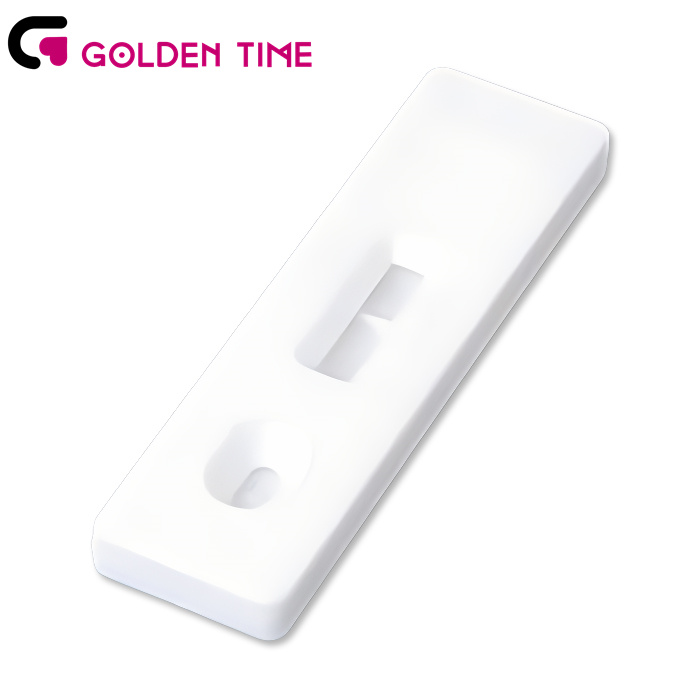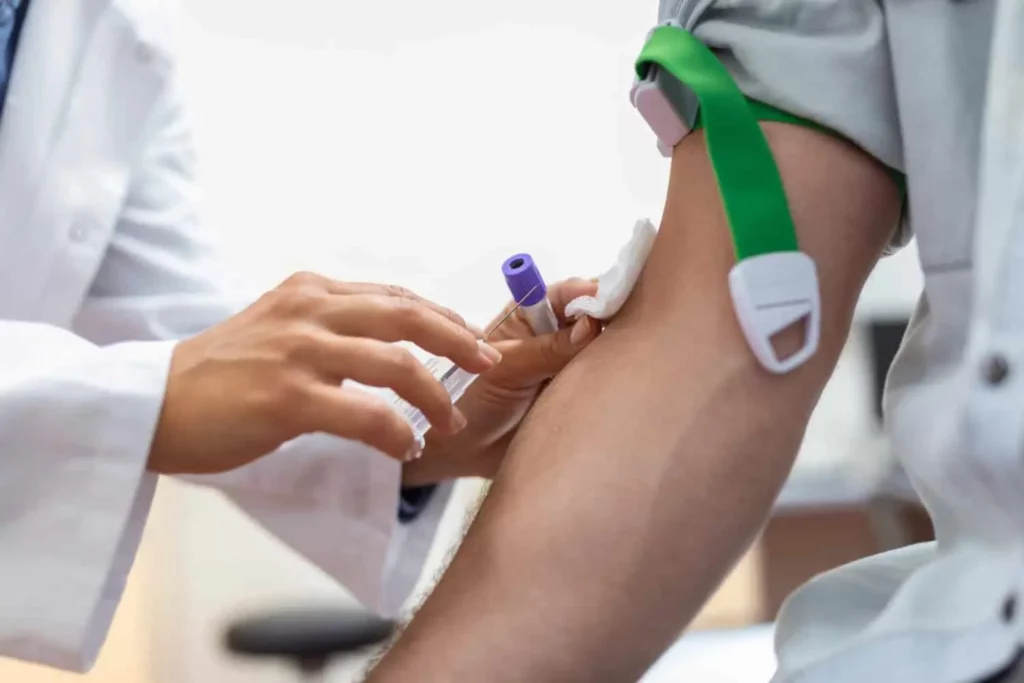Feb . 11, 2025 13:51 Back to list
ovulation pregnancy test
The convergence of ovulation and pregnancy tests has become a focal point for many couples actively working towards expanding their families. Having clear insights and accurate information can make a world of difference in this delicate phase of life. This article will explore the intricacies of ovulation pregnancy tests through the lens of experience, expertise, authoritativeness, and trustworthiness.
Expertise in product selection should not be underestimated. Essential factors include sensitivity levels, the ease of interpretation, and cost-effectiveness. Online reviews and forums provide candid appraisals but should be seen as supplemental to professional advice. Inaccuracy in test handling or chronic reproductive health issues may necessitate intervention by medical specialists. The authoritative aspect hinges upon the intersection between product efficacy and professional health advice. When undertaking ovulation and pregnancy testing, consultations with reproductive endocrinologists or fertility specialists can enhance understanding and strategy. These professionals provide insights into hormonal variations, fertility treatments, and accurate result interpretations, reinforcing successful conception efforts. In-depth research facilitates informed decision-making. The intricacies of reproductive health require a careful balance between available data and professional guidance, ensuring that all factors contributing to conception are considered. As research evolves, so too do testing methodologies, reflecting continuous commitment from the scientific community toward improved fertility solutions. For many, trustworthiness is built on a foundation of continuous product improvement, customer support, and a company's commitment to accuracy. Transparent communication about failure rates, clear instructions, and customer service are critical in maintaining customer loyalty and confidence in test results. In conclusion, ovulation and pregnancy tests represent critical aides in the journey of conception. Balancing experience with expertise, and relying on authoritative and trustworthy sources significantly enhances the chances of a successful outcome. Couples embarking on this journey should remain informed, leveraging both scientific advancements and professional health advice to guide their way.


Expertise in product selection should not be underestimated. Essential factors include sensitivity levels, the ease of interpretation, and cost-effectiveness. Online reviews and forums provide candid appraisals but should be seen as supplemental to professional advice. Inaccuracy in test handling or chronic reproductive health issues may necessitate intervention by medical specialists. The authoritative aspect hinges upon the intersection between product efficacy and professional health advice. When undertaking ovulation and pregnancy testing, consultations with reproductive endocrinologists or fertility specialists can enhance understanding and strategy. These professionals provide insights into hormonal variations, fertility treatments, and accurate result interpretations, reinforcing successful conception efforts. In-depth research facilitates informed decision-making. The intricacies of reproductive health require a careful balance between available data and professional guidance, ensuring that all factors contributing to conception are considered. As research evolves, so too do testing methodologies, reflecting continuous commitment from the scientific community toward improved fertility solutions. For many, trustworthiness is built on a foundation of continuous product improvement, customer support, and a company's commitment to accuracy. Transparent communication about failure rates, clear instructions, and customer service are critical in maintaining customer loyalty and confidence in test results. In conclusion, ovulation and pregnancy tests represent critical aides in the journey of conception. Balancing experience with expertise, and relying on authoritative and trustworthy sources significantly enhances the chances of a successful outcome. Couples embarking on this journey should remain informed, leveraging both scientific advancements and professional health advice to guide their way.
Latest news
-
Highly Accurate hCG Pregnancy Test Strips - 5 Min Results
NewsAug.02,2025
-
Premium Empty ABS Plastic Cassettes: Durable & Lightweight Storage
NewsAug.01,2025
-
Accurate Cocaine (Coc) Rapid Test Kit | Fast & Reliable Detection
NewsJul.31,2025
-
Accurate HCG Pregnancy Test Strips | Fast Home Use Kit
NewsJul.31,2025
-
Reliable Early Pregnancy Test Kit Supplier - Multi Plastic Cassette Options
NewsJul.30,2025
-
Transferrin Rapid Test Cassette – Reliable Tumor Marker Detection
NewsJul.29,2025

